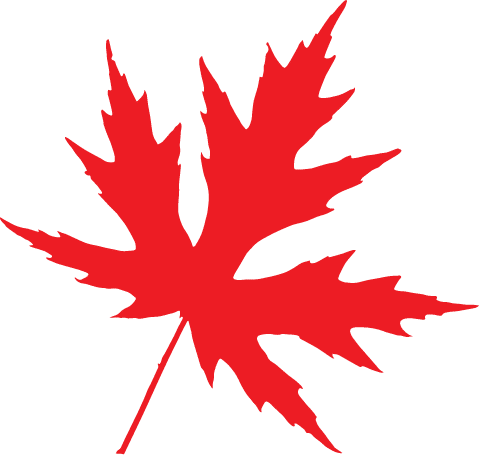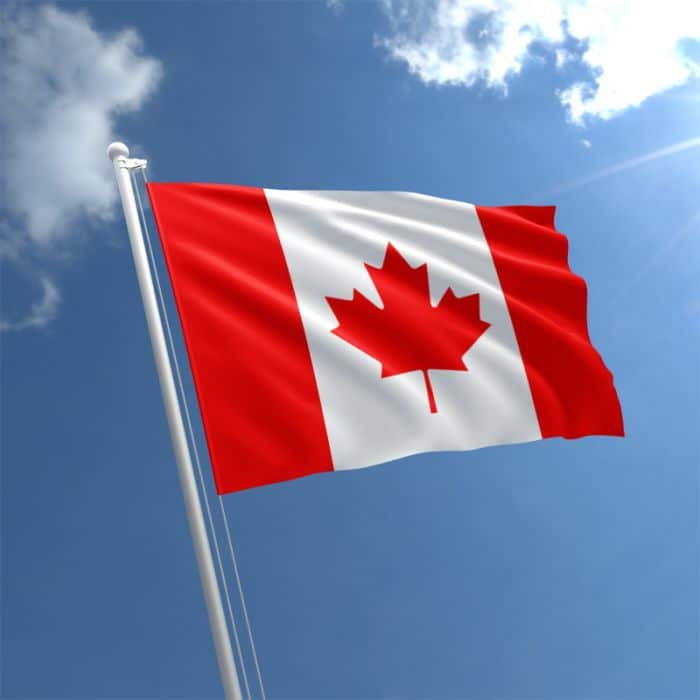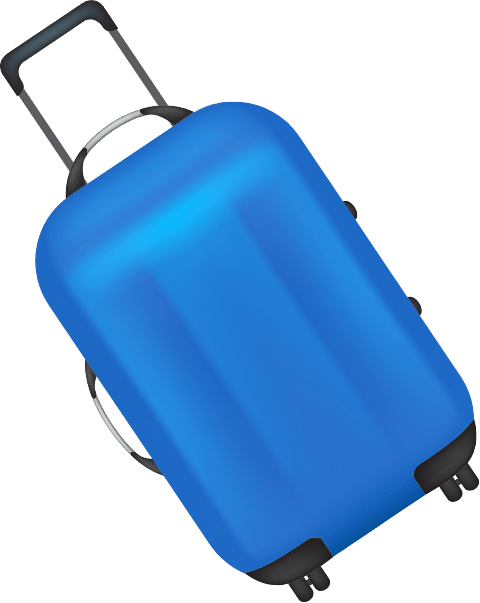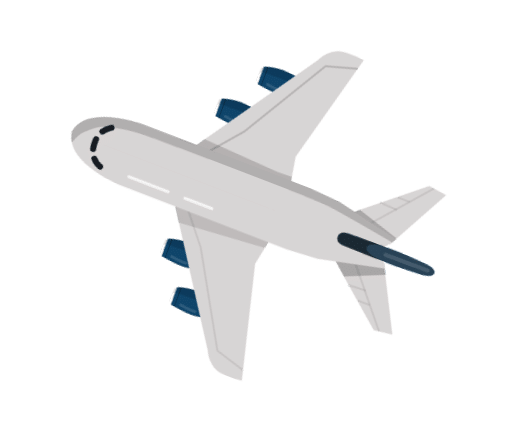Any individual who presents himself at a Canadian entry port, Citizenship Canada (IRCC), Immigration, Refugees or Canada Border Services Agency (CBSA), may make a claim for asylum. The IRCC or CBSA then determines the eligibility of the individual to claim asylum.
Apart from providing proof of persecution from their country of origin, these individuals will also be made to undergo biographic, criminality, security and biometric checks before they’re granted Canadian refugee status



If your claim for asylum is denied, you must leave Canada immediately and go back to your home country. However, applicants who are denied asylum may apply to the Refugee Appeal Division (RAD) of Canada’s Immigration and Refugee board within 15 days of getting the Refugee Protection Division’s written decision. An applicant has 30 days from the day of receiving the written denial decision to file appeal.
Unless there’s need for an oral hearing, the RAD has 90 days to decide on the appeal.





Canadians have always sponsored and helped refuges to settle into their life in Canada.
Through these sponsorship programs refugees are given a place to live. They are given social, financial and emotional support, and food and clothes are donated to them as they try to adjust to their new life.
Groups of Five can be described as a private sponsorship program through which 5 or more permanent residents or Canadian citizens come together to sponsor refugees and help them resettle into their community. The sponsors must be at least 18 years old, and are only allowed to sponsor applicants with Canadian refugee status.
The Blended Visa Office-Referred Program, which is a semi-private sponsorship program, has private sponsors who collaborate with the Canadian government to sponsor any refugee identified by the United Nations Refugee Agency.
Organizations and corporations can also sponsor refugees as Sponsorship Agreement Holders, which is a community sponsorship program for applicants with Canadian refugee status, or through the Joint Assistance Sponsorship Program, through which organizations collaborate with the Canadian government to sponsor those refugees with special needs.



There are several ways to immigrate to Canada, such as through Express Entry, Provincial Nominee Programs (PNPs), Family Sponsorship, and Business Immigration. The eligibility criteria and application processes may vary depending on the program and category. You can visit the Government of Canada’s official immigration website for more information and guidance on the different immigration options available.
The requirements to immigrate to Canada depend on the immigration program or category you are applying under. Some common requirements include meeting the language proficiency (English or French) standards, having sufficient funds to support yourself and your family, meeting the educational and work experience criteria, and passing the medical and security checks. Each program may have additional requirements, so it is recommended to carefully review the eligibility criteria before applying.
The processing time for Canada immigration applications varies depending on the program and category. Some programs, such as Express Entry, have faster processing times than others. The processing times can also depend on factors such as the volume of applications received, completeness of the application, and whether additional information or documents are requested. You can check the current processing times on the Immigration, Refugees and Citizenship Canada (IRCC) website.
The different types of Canadian immigration programs include Express Entry, Provincial Nominee Programs (PNPs), Family Sponsorship, and Business Immigration. Express Entry is a federal immigration program for skilled workers, while PNPs are designed to allow provinces and territories to nominate individuals who meet their specific labour market needs. Family sponsorship allows Canadian citizens and permanent residents to sponsor their eligible family members for immigration to Canada. Business Immigration programs are designed to encourage foreign entrepreneurs and investors to start or invest in a business in Canada.




WhatsApp us